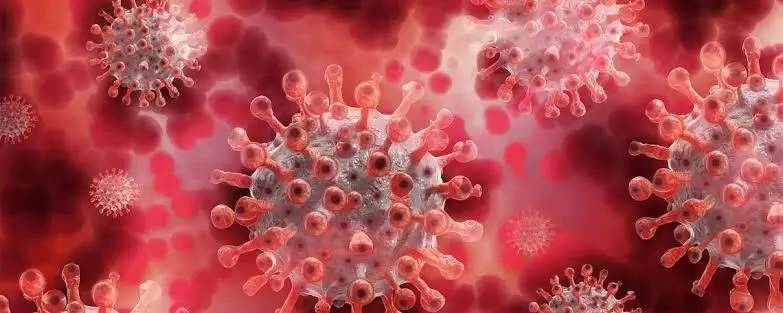
Study links COVID to waning cognitive functions in patients
text_fieldsA UK study found a link between severe Covid-19 infections and intelligence, with the former having a considerable effect on reducing the cognitive function of recovered patients, especially those who suffered from long-Covid, reported NDTV.
The study, which was conducted between January 2020 and December 2020, was published in The Lancet's EClinicalMedicine journal under the title 'Cognitive Deficits In People Who Have Recovered From COVID-19'.
It involved scientists from Imperial College London, King's College and the Universities of Cambridge, Southampton and Chicago testing 81,337 participants through a web assessment for the Great British Intelligence Test. Participants were required to self-report their Covid-19 infection and respiratory symptoms through the questionnaire.
The study found that participants who reported having severe infections of long-Covid, which included hospitalisation and ventilator support, experienced 'brain fog' and other related troubles. "These results accord with reports of long-COVID, where "brain fog'', trouble concentrating and difficulty finding the correct words are common," as stated in the study.
"The deficits were of substantial effect size for people who had been hospitalised, but also for non-hospitalised cases who had biological confirmation of COVID-19 infection. Analysing markers of premorbid intelligence did not support these differences being present prior to infection."
The study found that severe Covid-19 infections cause a significant reduction in cognitive ability, stating that: "When examining the entire population, the deficits were most pronounced for paradigms that tapped cognitive functions such as reasoning, problem-solving, spatial planning and target detection whilst sparing tests of simpler functions such as working-memory span as well as emotional processing."
The researchers state that the findings of the study should prove to be a 'clarion call' for further research to study the biological basis of these cognitive defects found in recovered Covid-19 patients. The findings can also facilitate the plotting of a revised recovery trajectory for Covid-19 patients.






















